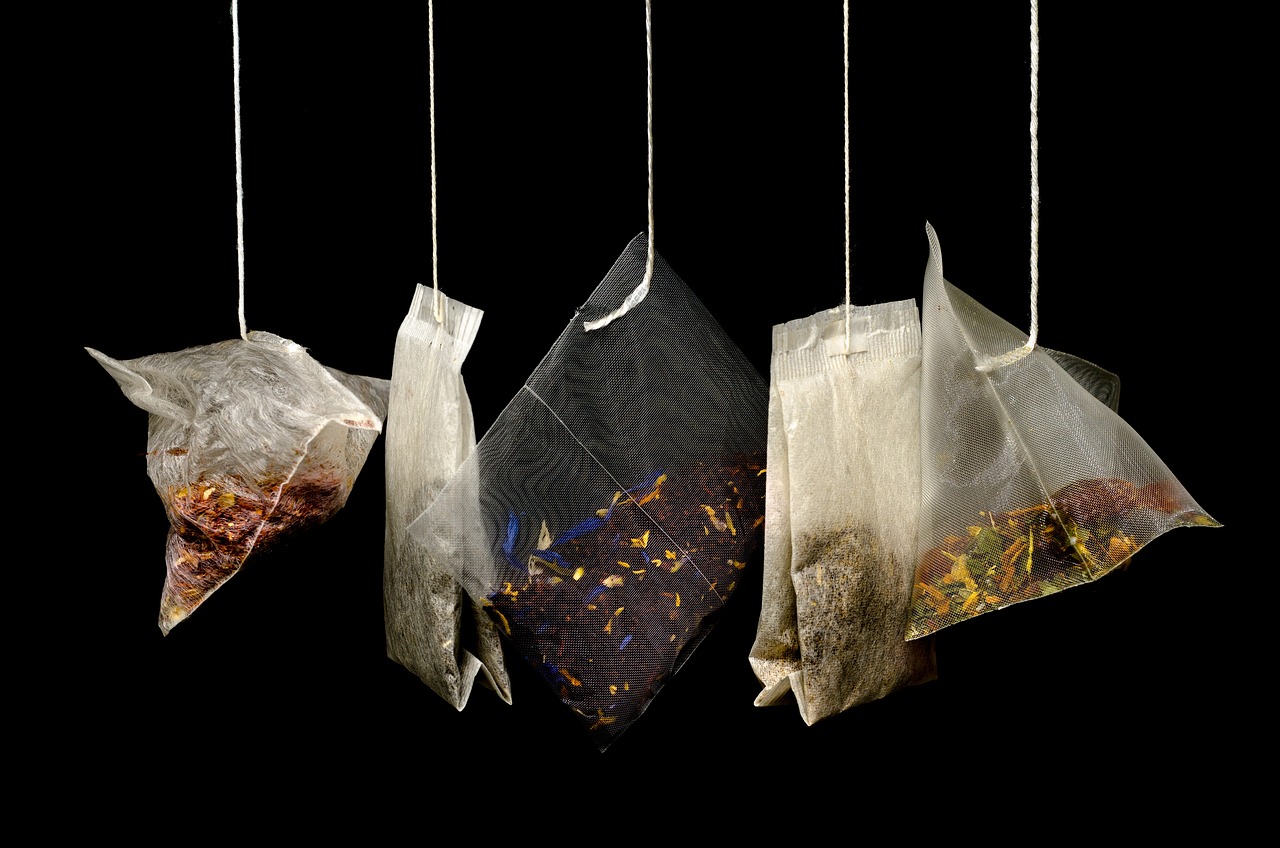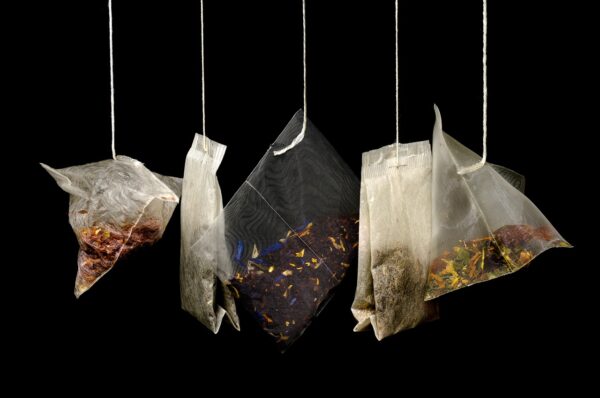
Many of us enjoy a comforting cup of tea, but recent findings about microplastics in tea bags may leave you rethinking your brewing habits. This issue arises from the materials used in some tea bags and how they are processed. Let’s delve into the details and explore ways to enjoy your tea without the added worry of microplastics.
Sources of Microplastics in Tea Bags
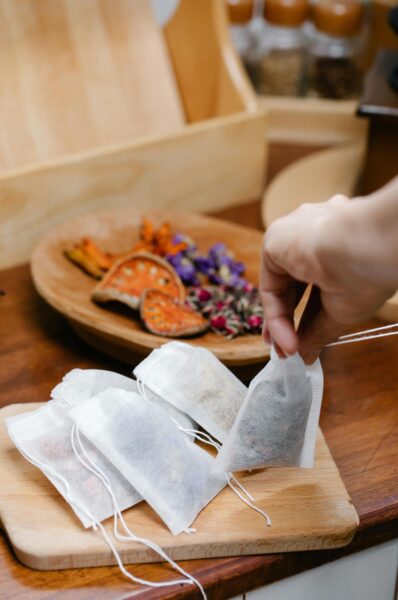
- Material of the Tea Bag:
- Nylon and PET Tea Bags: These materials are commonly used for premium teas because they create a sturdier bag that allows for better infusion. However, when exposed to boiling water, they can shed billions of microplastic particles into the tea.
- Paper Tea Bags: Some paper tea bags are treated with epichlorohydrin, a compound that helps prevent the bags from tearing but can break down into microplastics and other harmful substances.
- Manufacturing Processes:
- Heat Sealing: The process of heat sealing tea bags can sometimes involve using plastic-based adhesives. When these tea bags are brewed, the adhesives can break down and release microplastics.
Health Concerns
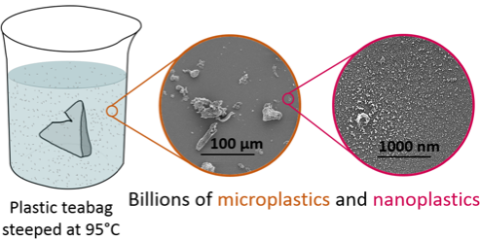
While the health impacts of ingesting microplastics are not fully understood, there are potential risks:
- Toxicity: Microplastics can contain or absorb harmful chemicals that may pose health risks.
- Bioaccumulation: Over time, microplastics can accumulate in the body, potentially leading to unknown health issues.
Recommendations to Avoid Microplastics in Tea
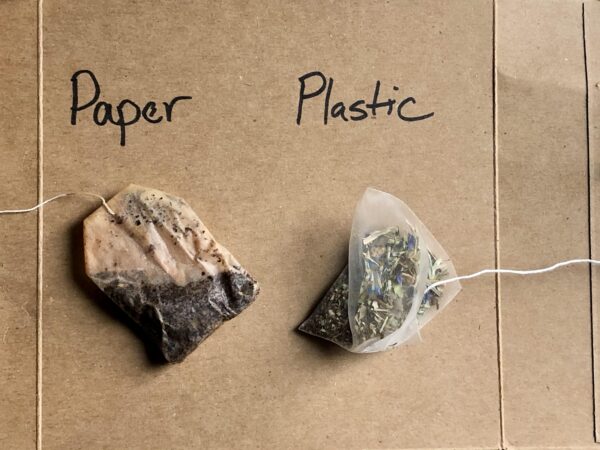
- Choose Loose Leaf Tea: Using a tea infuser or teapot allows you to avoid tea bags altogether. This method not only helps you steer clear of microplastics but also often results in a fresher and more flavorful cup of tea.
- Look for Plastic-Free Tea Bags: Some brands offer biodegradable or plastic-free tea bags made from natural fibers like cornstarch or abaca (a type of banana plant). These materials do not release microplastics when brewed.
- Research Brands: Look for brands that are transparent about their materials and manufacturing processes. Companies that prioritize sustainability and health will often provide detailed information about their products.
Brands Taking Steps Against Microplastics
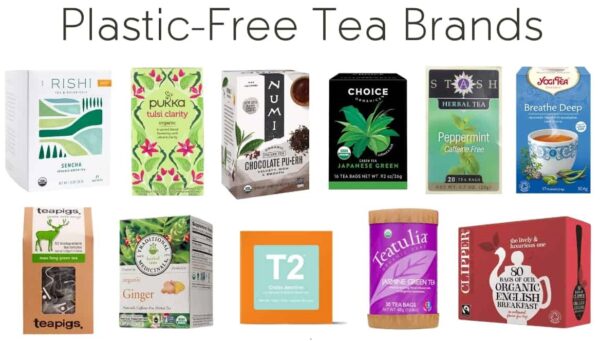
Several tea brands are responding to consumer concerns by switching to plastic-free tea bags. Brands like Pukka, Clipper, and Teapigs have started using biodegradable tea bags made from plant-based materials. These brands are leading the way in offering safer and more environmentally friendly tea options.
While the presence of microplastics in tea bags is a concerning issue, being aware of the materials used in your tea bags and opting for alternatives can help reduce your exposure. Choosing loose leaf tea or plastic-free tea bags are effective steps toward enjoying your tea without the added worry of microplastics.
So next time you brew a cup, take a moment to consider what’s in your tea bag. Your health and the environment will thank you.

